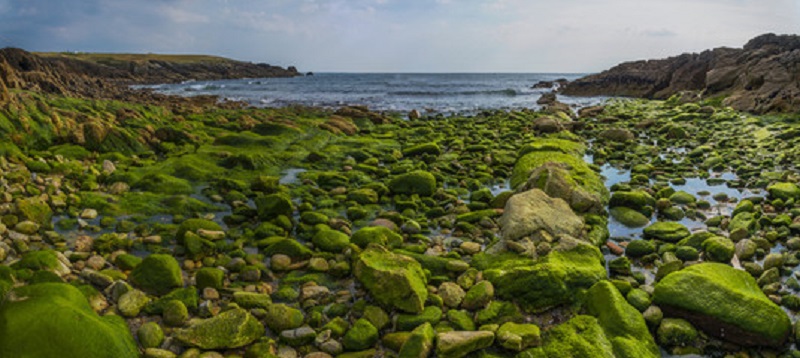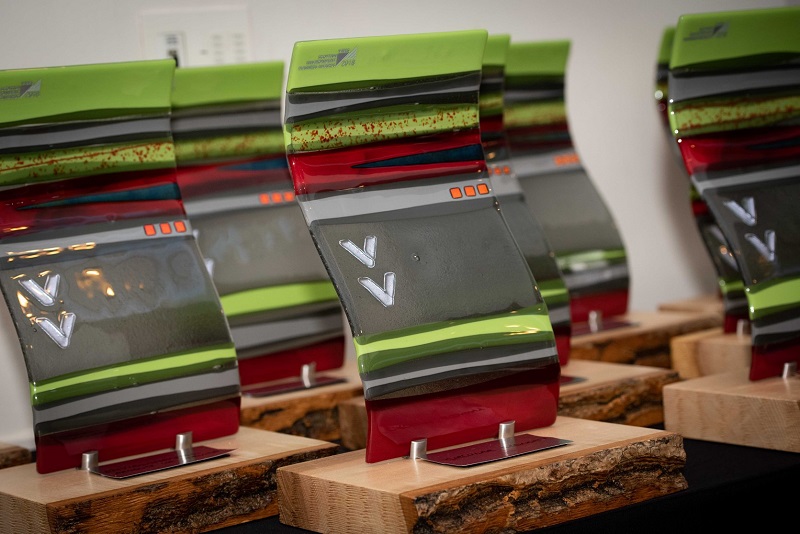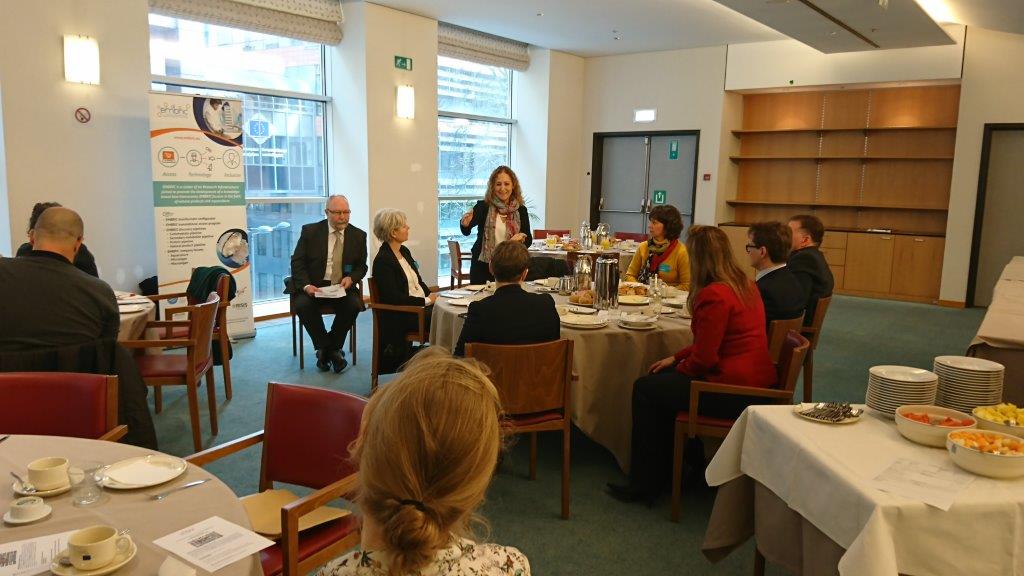
According to scientists at the St Thomas’ Hospital and King’s College London a new algae-based treatment could reduce the need for amputation in people with Critical Limb Ischemia (CLI). CLI is a severe obstruction of the arteries which markedly reduces blood flow to the extremities (hands, feet and legs) and progresses to the point of severe pain, skin ulcers or sores and often results in amputation.
Alginate from the cell walls of brown algae, which is mainly found in cold waters in the Northern Hemisphere, has been used to form small capsules containing macrophages, a type of white blood cell. The research work indicated that these macrophages successfully remained in the injured area, new blood vessels formed, and as a result, more blood reached the damaged area.
To date the treatment has been carried out on mice, Scientists are planning to move this research into human clinical trials to help the people visiting the hospital with CLI. Scientists believe that this new way of delivering cells could be the key to creating an effective treatment for people suffering from CLI.
For further information click here

The VIBES Scottish Environment Business Awards (VIBES) is celebrating its 20th year and is calling on Scottish businesses to play their part in protecting our planet for future generations. Xanthella and ENBIO partner ALIenergy joined other VIBES awards winners at the 20th anniversary celebrations launched at the Scottish Parliament on 27 March 2019. The enjoyable evening event included a ministerial address, case study presentations and winners question time, in which Dr Douglas McKenzie from Xanthella, winners of the Innovation category 2018, answered questions about the ENBIO integrated model and the environmental benefits of this pioneering project.
Since its inception in 1999, the VIBES Scottish Business Awards, have recognised and rewarded more than 150 businesses that have championed sustainability by identifying ways to tackle the impact on the planet by reducing consumption on its resources. This has included everything from increasing recycling and facilitating active travel to reducing consumption of raw materials by adopting a more circular approach.
Organisers of the VIBES awards are urging Scottish businesses to mark the milestone by helping to tackle the environmental challenges facing Scotland and the rest of the world. In continued celebration VIBES are also hosting a series of free regional information events with a selection of previous winners. The VIBES – Scottish Environment Business Awards roadshows will take place across Scotland, with the first of these to be held at the James Hutton Institute, Dundee, on 16 April.
Look out for further information on regional events at VIBES

EMBRIC and Treasures from the Deep were very grateful for the sponsorship and participation by Xanthella at the recent European Parliament facing workshop, symposium and roundtable –“Mining for Valuable Bioactive and Enzymes from Marine Algae and Bacteria” – held in Brussels on the 5th March 2019.
European Marine Biological Research Infrastructure Cluster (EMBRIC) held a breakfast meeting at the European Parliament, hosted by Clare Moody, MEP for UK South West and Gibraltar. Xanthella attended the parliamentary breakfast with around 20 scientists, including early career scientists, to discuss the needs and opportunities of the marine environment. The debate continued at the workshop – Treasures from the Deep – held at Scotland House, Brussels, attended by around 50 scientists and company representatives. During the scientific discussion, participants presented their current successful advances, in both oral and poster presentations, showcasing the opportunities of the marine ecosystem and highlighting the vast potential for this research, including its social and economic benefits.
A full day of lively debate ended in a round table led by Dr Marcel Jaspars and Dr Melody Clark, and joined by Ms Clare Moody and Baroness Mobarik, bringing together representatives of academia, industry and parliament to discuss the needs of the field. Among the points touched, was that academia and industry are willing to share their expertise and match their time frame to work together at a European scale, but to do so more effectively requires stronger support from European Parliament. Discussions highlighted the need for the EU to support SMEs and small-scale projects to facilitate products getting to market. Indeed, SMEs have different needs and challenges than research institutions and these have to be considered in the European funding strategy. It was stressed that the potential of marine resources and its sustainable exploitation are still relatively untapped due to regulatory limitations. Uncertainty of further funding and support at the end of large-scale projects investing in the discovery of new compounds from the marine environment has been recognized as another big limitation. The support of infrastructures such as EMBRC might partially address the need to sustain activities and interactions beyond the end of the lifetime of large projects; protecting public investments in research by enabling the generated resources to be maintained for future use and exploitation thus contributing to the blue economy.
The event was organized by Rebecca Goss (USTAN), David Smith (CABI) and Mariella Ferrante (SZN), as part of the European Marine Biological Research Infrastructure Cluster (EMBRIC).
Follow link for further information – http://www.embrc.eu/newsroom/embric-press-release-treasures-deep
Details of the full programme and poster abstracts on Treasures from the Deep Workshop




